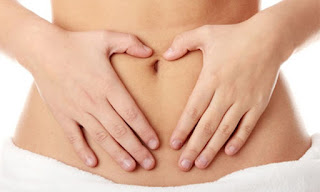Ultrasound During Pregnancy
Ultrasounds have become a regular — and very welcome — part of prenatal care. Early in pregnancy, ultrasounds are used to confirm the fetal heartbeat and a uterine (as opposed to ectopic or tubular) pregnancy. Later, ultrasounds screen for fetal growth, placenta location and umbilical cord, as well as the baby's general health and anatomy. Ultrasounds can also be useful for checking the length of your cervix, if there is any suspicion that you may be in preterm labor. Who an ultrasound during pregnancy is for All pregnant women should receive more than one ultrasound during pregnancy. When an ultrasound during pregnancy is done Usually, a woman gets a minimum of two sonograms during her pregnancy, one in the first trimester and one in the second trimester. First-trimester ultrasound In the first trimester of pregnancy, an early ultrasound is a routine part of prenatal care at 6 to 9 weeks, allowing parents a welcome first glance of their tiny baby bean. The American C...



